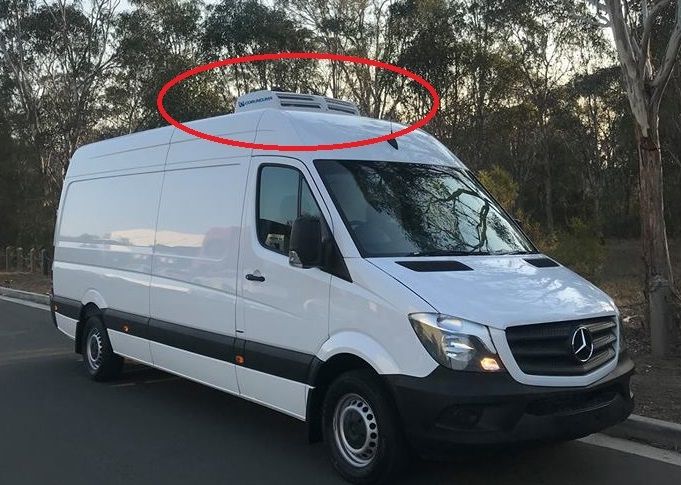A New Era for Electric Cold Chain: Technological Breakthroughs and Market Prospects of Intelligent Refrigeration Units
Driven by both global energy transition and cold chain logistics upgrades, the electric van refrigeration unit industry is ushering in unprecedented development opportunities. This transformation is not only about technological upgrades but will also profoundly impact the operational model and development direction of the entire cold chain logistics.

Technological Innovation Drives Energy Efficiency Breakthroughs
The new generation of electric refrigeration units has achieved significant breakthroughs in core technologies. The widespread application of intelligent frequency conversion technology enables the units to automatically adjust their operating status based on variables such as cargo volume and ambient temperature, significantly reducing energy consumption compared to traditional models. Advanced temperature control systems employ intelligent algorithms to provide reliable transportation guarantees for various temperature-sensitive goods.
Lightweight Design Becomes an Important Direction for Technological Innovation
The application of new materials significantly reduces the equipment's weight while ensuring structural strength, saving valuable driving range for electric vans. Optimized system design and an efficient thermal management system further improve overall operating efficiency.
Intelligent Systems Reshape Operational Models
Modern electric refrigeration units have evolved into comprehensive management systems integrating data acquisition, remote monitoring, and intelligent analysis. A smart monitoring platform based on IoT technology can track equipment operating status in real time, enabling full-process visualized control over transportation.
The intelligent early warning system, through big data analysis, can identify potential operational risks in advance, shifting from reactive maintenance to preventative maintenance. Data analysis also provides decision support for optimizing transportation plans and improving operational efficiency, helping users achieve more refined operational management.
Policy Environment and Market Opportunities
In recent years, a number of policies supporting the development of new energy cold chain equipment have been introduced, creating favorable conditions for the industry's development. Local governments have continuously increased their efforts to promote new energy logistics vehicles, and related infrastructure has been gradually improved, providing a good environment for the widespread application of electric refrigeration units.
With the diversified development of cold chain logistics demands, the application scenarios of electric refrigeration units are constantly expanding. From urban distribution to regional logistics, from food transportation to pharmaceutical cold chain, its market space is rapidly expanding. Specialized segmented market product demands are also driving the enrichment of product series and the diversification of technical routes.
Future Development Trends
Looking ahead, electric refrigeration units will continue to develop towards greater efficiency, intelligence, and environmental friendliness. The continuous emergence of new materials and technologies will inject new impetus into product performance improvement. Deep integration with renewable energy will become an important development direction.
The construction of a standardization system will also continue to advance. Unified technical specifications and testing standards will not only help ensure product quality but also promote the healthy and orderly development of the entire industry. The improvement of the professional talent training and technological innovation system will provide strong support for the sustainable development of the industry.
In this new era full of opportunities, the technological innovation of electric refrigeration units is injecting new vitality into the cold chain logistics industry. This transformation not only drives the upgrading of logistics equipment but also provides important support for building a green and efficient modern logistics system, ushering in a new era of smart cold chain logistics.
